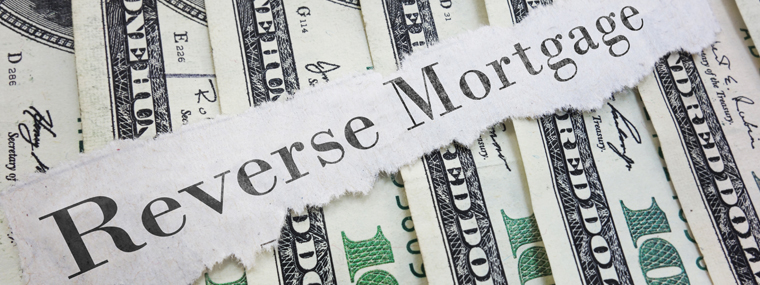
Your Condominium and the Federal Housing Authority
By Ryan D. Poliakoff / Published November 2016
Q
uestion:
I have attempted to get a reverse mortgage. The mortgage company required several items in order to approve the mortgage. One of those items was for our condominium to be approved by the Federal Housing Authority, which would require an amendment to our governing documents. I submitted my mortgage company’s request to the association, and I was advised that our condominium would not apply for FHA approval and that our condominium’s attorney refused to remove the rule, as requested by the mortgage company. I would like to know if we can force our condominium officials to apply for FHA approval and require the attorney to follow up on removing the problem rule in governing documents?
C.W.
Answer:
Dear C.W.,
I am confident that you do not have a legal right to force your condominium association to make the changes that would be required to qualify for FHA approval. You can organize your neighbors to replace the board with one that would be willing to support those changes, but you have no independent right to an FHA-backed loan. The FHA is a government agency that provides mortgage insurance on loans that are made by FHA-approved lenders. The FHA operates off of self-generated income from mortgagees, and it does not require any taxpayer money to operate. Because of the additional protection the FHA offers to mortgagees, FHA-insured loans can often be obtained at more favorable terms than a loan that is not backed by the FHA, but, in order for a borrower looking to purchase a condominium unit to qualify for an FHA-insured loan, the property must be approved by the FHA. The FHA has established standards that it believes are required to ensure that it only backs quality loans in communities that are unlikely to have financial crises.
In condominiums, the standards for FHA approval are rigorous, especially since the FHA began requiring entire condominiums to be certified by the FHA (prior to 2010, the FHA allowed spot approval of loans for individual unit purchases). Unless an entire condominium project is FHA certified, no unit within the building may be purchased with an FHA-insured loan.
I have seen very few condominium projects that qualify for FHA approval. In my experience, the biggest barrier is leasing restrictions. The FHA will not approve a condominium where the board has the power to approve or deny leases, or where the board can conduct background checks or any type of screening of prospective tenants. Lease approval and lessee screening is an extremely common association right, and I can’t imagine very many communities being willing to give up this right in order to provide for easier financing for their units (particularly because the owners who would make such a decision are, by and large, not looking to sell or refinance their units). The declaration must also prohibit transient leasing (leases of less than 30 days) and cannot require an owner to occupy the unit for a specific period of time before they may lease.
In addition to these leasing guidelines, the FHA requires condominiums to meet other qualifications that impact the financial health of the association. For example, the association must collect adequate reserves. (While I always recommend that collecting full statutory reserves is the best practice, I have many clients that waive collecting reserves entirely.) Further, not more than half of the units can be owned by investors (that is, be occupied by someone other than the owner), and no more than 15 percent of the units can be delinquent in paying their assessments by more than 30 days (which rules out associations with any significant delinquency problems). There are other requirements related to litigation, special assessments, and insurance. These guidelines are intended to weed out all but the most financially stable projects (at least, the most financially stable in the judgement of the FHA).
Given that you stated the mortgagee was requiring an amendment to the declaration, it is very likely that you have leasing provisions that prevent the FHA from approving your condominium. There is curren-tly no legal requirement that a condominium board seek or obtain FHA approval. That makes particular sense, given that such approval would often require amendment of the condominium’s covenants, which amendment almost certainly requires a membership vote.
I doubt that I represent more than a handful of FHA-approved condominium properties. Between the reserve issue and the prohibition on the most popular leasing restrictions, many condominiums do not qualify for FHA loans. Unless you can motivate a majority of your neighbors to approve some big changes in your condominium, you are going to have to look for a lender that offers non-FHA backed loans, and, unfortunately, that loan may be at somewhat less favorable terms.
Ryan D. Poliakoff
Partner of Backer Aboud Poliakoff & Foelster
Ryan D. Poliakoff is a Partner of Backer Aboud Poliakoff & Foelster and serves as general counsel to condominiums, homeowners associations, and country clubs throughout South Florida. He is the co-author of New Neighborhoods—The Consumer’s Guide to Condominium, Co-Op, and HOA Living. In addition to representing associations, he is a frequent contributor at seminars and workshops for attorneys and board members, and he has written hundreds of articles for magazines and newspapers throughout the United States. He can be reached at rpoliakoff@bapflaw.com. For more information about his firm, visit www.bapflaw.com.



